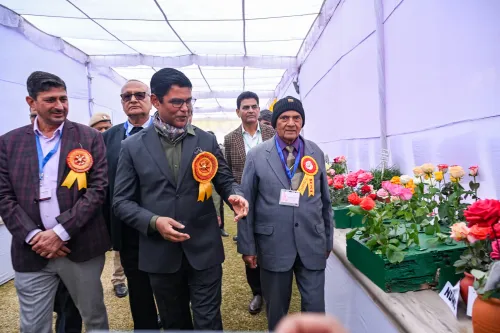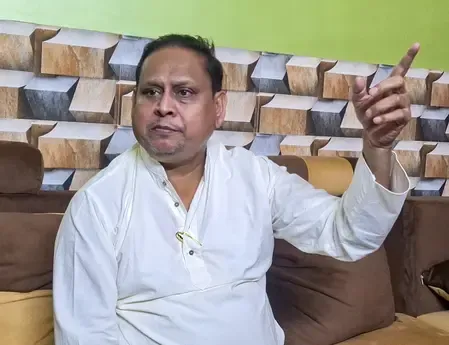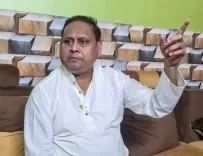Is the Election Commission Under Fire When the Opposition Loses?

Synopsis
Key Takeaways
- BJP leaders criticize the Opposition for politicizing voter roll issues.
- The Supreme Court has endorsed the Election Commission's authority.
- Voter registration can now include more valid documents.
- Concerns about marginalized communities are raised by the Opposition.
- The Election Commission continues to uphold its procedures despite backlash.
New Delhi, July 11 (NationPress) In light of the ongoing debate regarding the Special Intensive Revision (SIR) of voter rolls in Bihar, BJP officials have vehemently condemned the Opposition for politicizing the situation and casting aspersions on the Election Commission of India (ECI). This follows the Supreme Court's decision not to halt the revision process while offering recommendations aimed at promoting fairness and inclusion.
BJP's national spokesperson Shahnawaz Hussain remarked on Friday, “Opposition leaders, notably Manoj Jha, approached the Supreme Court seeking a stay, which was not granted. The Supreme Court provided valuable suggestions that are pertinent. The final decision will be made in the subsequent hearing. Opposition figures should have faith in the Supreme Court's judgment. They often praise the Election Commission when they win, but when they lose, they launch attacks against it.”
Reiterating the party’s stance, BJP MP Praveen Khandelwal stated, “The Election Commission is exercising its constitutional rights. Previously, the public may have been unaware of this, but following the Supreme Court's ruling yesterday, it is evident that the Commission possesses the authority to conduct the special revision.”
“The Supreme Court has endorsed this. Political entities should cease politicizing the matter and focus on ensuring that legitimate voters in Bihar are not deprived of their voting rights,” he added.
On Thursday, the Supreme Court adopted a measured approach, instructing the ECI to accept Aadhaar cards, Elector’s Photo Identity Cards (EPIC), and ration cards as valid documentation for voter registration, asserting that the official list of 11 accepted documents is not comprehensive.
Earlier, RJD MP Manoj Jha had petitioned the Supreme Court, alleging that the current voter verification initiative disproportionately affects marginalized communities in Bihar.
Despite the ongoing backlash from the Opposition and former Chief Election Commissioner S.Y. Quraishi, the Commission has maintained its adherence to its established procedures.










